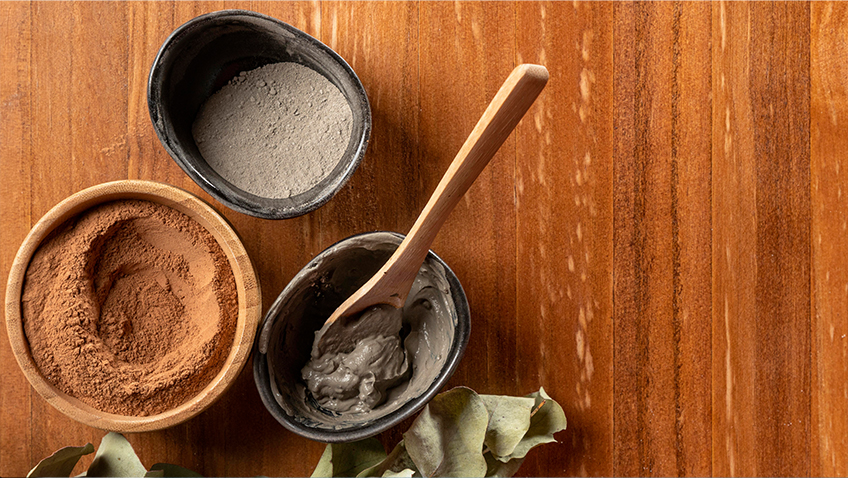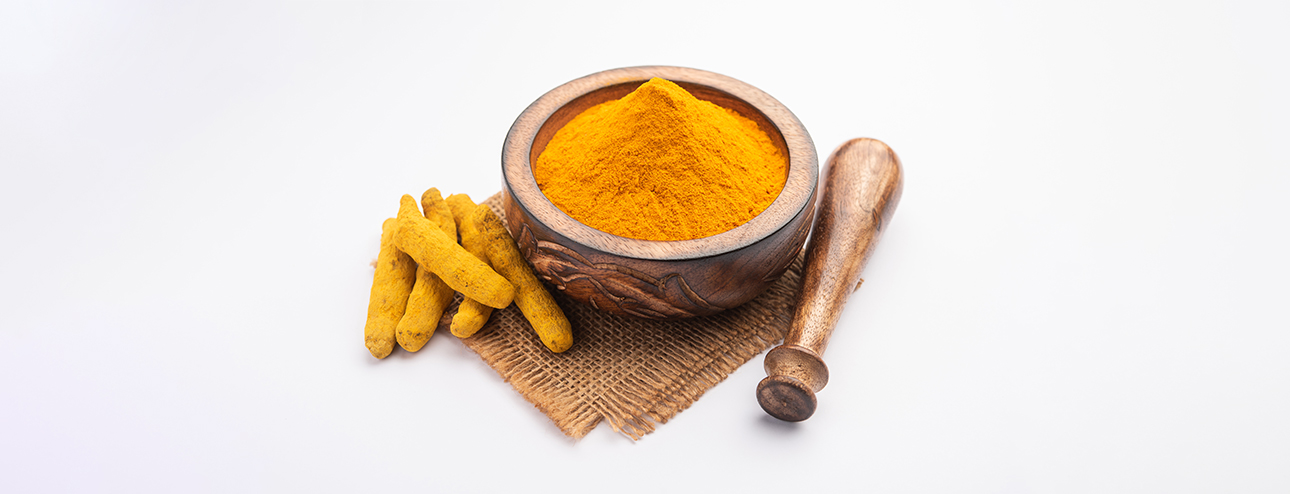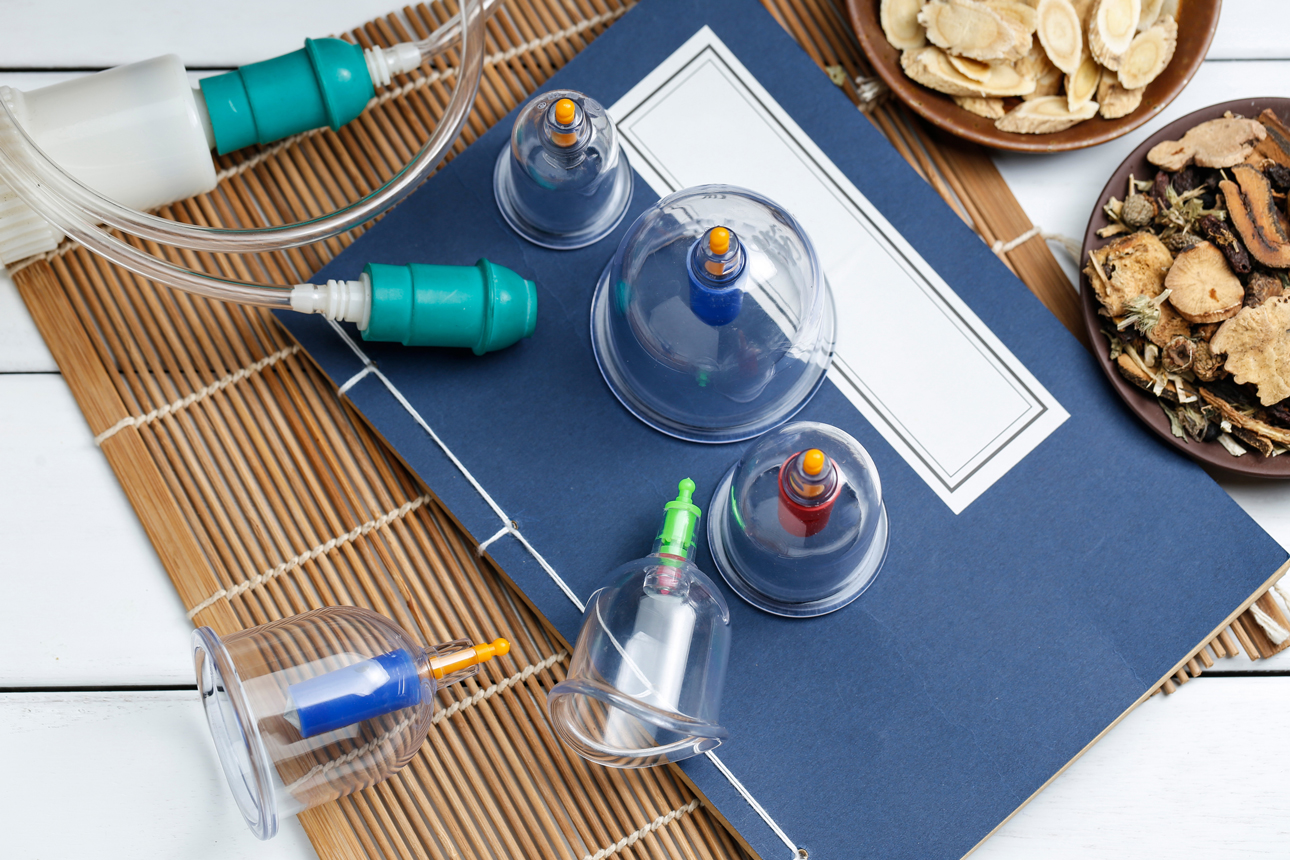What cosmetics date back to 3000 BC
There is no doubt that 3000 BC is a long time ago. In that year, the first cosmetic products were born. But not for the face, but to improve the appearance of the horse!
Horseshoes were popular at this time, blackening the hooves with a mixture of tar and soot to make them look even more impressive when displayed in public.
Blackening horseshoes is now out of fashion, and the use of cosmetics has undergone many changes over the years. Actually, they have been used for centuries to enhance beauty and improve appearance. While the ingredients and methods used may change over time, the goal remains the same: to make people look better.
Some of the earliest known examples: Kohl
This is an eyeliner that is popular in Egypt. Kohl is made from a variety of materials, including:
Lead
Copper
Ash
Malachite
Galena
The Egyptians used it to enhance vision, prevent eye diseases, and ward off evil spirits. Kohl is also often used by Egyptians to denote social status. Those who can afford kohl are considered rich and powerful.
Turmeric
The plant with its bright orange flowers has a long history in the cosmetics industry. It is used in hair and nails, and in cosmetics for skin lightening. Turmeric is thought to have a range of benefits, including:
Infection prevention
As a preservative
Reduce inflammation
Kill bacteria
Act as astringent
Help heal wounds
Turmeric is still popular today and is often used in cosmetics for its lightening and anti-inflammatory properties. In fact, the Made in Vancouver Awards 2021 named the Turmeric Face Pack as one of the winners in the Vancouver Marketplace’s Best New Beauty Product category.
Why were they important in ancient cultures?
One reason is that people don’t have access to modern technology like sunscreen and air conditioning. Therefore, they turn to these products to protect their skin from the sun’s harmful rays and other elements in the environment.
Additionally, many cultures believe they improve a person’s appearance and help them attract others. For example, in the early Roman timeline, it was believed that white lead powder could make teeth appear whiter and brighter. In India, it is believed that applying certain types of fragrances to the face can help reduce wrinkles and make the skin look younger.
So while their original use may have been a way to protect the skin and enhance beauty, it has evolved into something more. Today, they are used for a variety of purposes, including:
Facial makeup
Hair care
Nail care
Perfume and Fragrances
While their use is no longer limited to the rich and powerful, they are still an important part of many cultures around the world.
Type of initial treatment
Cupping
This is an alternative form of Chinese and Middle Eastern medicine that is said to have a historical timeline of 3000 BC. Both Chinese and Middle Eastern practices involve the use of cups to create a vacuum on the skin, which is thought to help improve blood flow and promote healing. Over the centuries, the procedure has been used to treat a variety of ailments, including:
Headache
back pain
anxiety
fatigue
While cupping is not generally used as a form of cosmetic treatment, practitioners in China and the Middle East have found some evidence that it may have benefits for skin health. For example, one study found that cupping therapy may help reduce the appearance of wrinkles and improve skin elasticity.
Prosthesis
The earliest use of prosthetics dates back to ancient Egyptian history, when a mummy was found wearing the first prosthetic toes made of wood and leather. During the Dark Ages, their use progressed to a limited extent, but during the Renaissance, things began to change. Some notable examples include Roman scholars describing warriors who used wood and iron to create artificial legs and arms.
However, prosthetic devices aren’t just for people with missing limbs or birth defects. In fact, they are now being used in the beauty industry to help people look better.
A common use in the beauty industry is to create fuller lips. This is done by using prosthetic implants that are placed on the lips to give them a more complete look. While this type of treatment is still considered experimental, it has been shown to be effective in some cases.
Another common prosthetic device in industry is to enhance facial features. For example, prosthetic implants can be used to create sharper cheekbones or a higher bridge of the nose. While these treatments are also considered experimental, they have been shown to be safe and effective in many cases.
Plastic surgery
The earliest plastic surgery can also be traced back to this time. The earliest Egyptians discovered and developed their knowledge of human anatomy through mummification—more precisely, the removal of organs. They first used primitive tools such as scissors, scalpels, saws and clips to treat wounds and abscesses, and later discovered cautery and sutures.
In short
These treatments and procedures have been around for centuries, with some of the techniques dating back to 3000 BC. While their use is no longer limited to the wealthy and powerful, it is still an important part of many cultures around the world.
In addition, advances in technology have led to the development of new treatments and procedures, such as prosthetics and plastic surgery.
So whether you’re looking to improve your appearance with traditional methods or looking for more experimental treatments, there’s sure to be a program for you.


